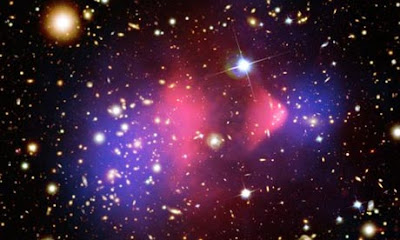Will the world end on Wednesday?

Be a bit of a pain if it did, wouldn't it? And the most frustrating thing is that we won't know for sure either way until the European laboratory for particle physics (Cern) in Geneva switches on its Large Hadron Collider the day after tomorrow.
If you think it's unlikely that we will all be sucked into a giant black hole that will swallow the world, as German chemistry professor Otto Rössler of the University of Tübingen posits, and so carry on with your life as normal, only to find out that it's true, you'll be a bit miffed, won't you?
If, on the other hand, you disagree with theoretical physicist Prof Sir Chris Llewellyn Smith of the UK Atomic Energy Agency, who argues that fears of possible global self-ingestion have been exaggerated, and decide to live the next two days as if they were your last, and then nothing whatsoever happens, you'd feel a bit of a fool too.
Rössler apparently thinks it "quite plausible" that the "mini black holes" the Cern atom-smasher creates "will survive and grow exponentially and eat the planet from the inside". So convinced is he that he has lodged an EU court lawsuit alleging that the project violates the right to life guaranteed under the European Convention of Human Rights.
Prof Llewellyn Smith, however, has assured Radio 4's Today programme that the LHC - designed to help solve fundamental questions about the structure of matter and, hopefully, arrive at a "theory of everything" - is completely safe and will not be doing anything that has not happened "100,000 times over" in nature since the earth has existed. "The chances of us producing a black hole are minuscule," he said, "and even if we do, it can't swallow up the earth." So, folks, who do you believe?

